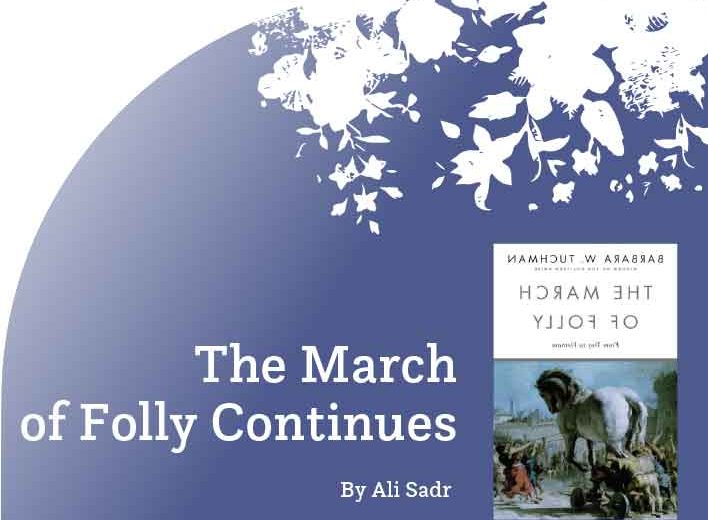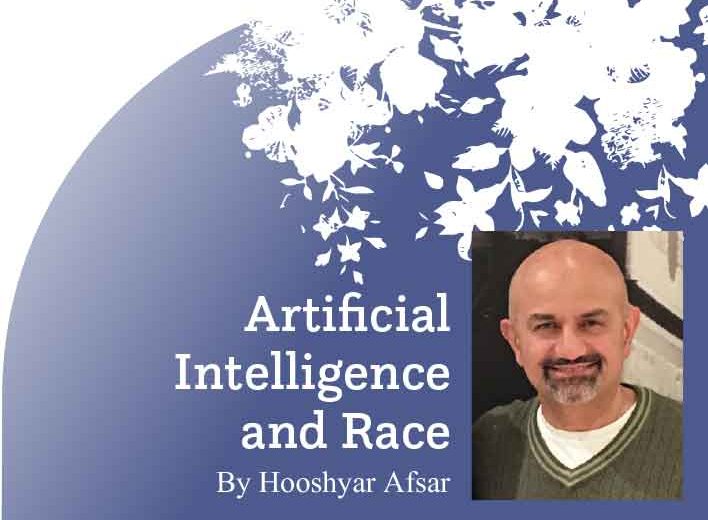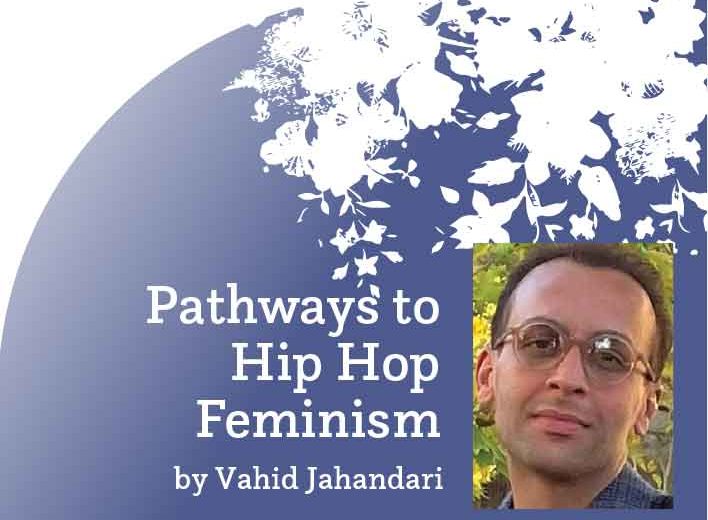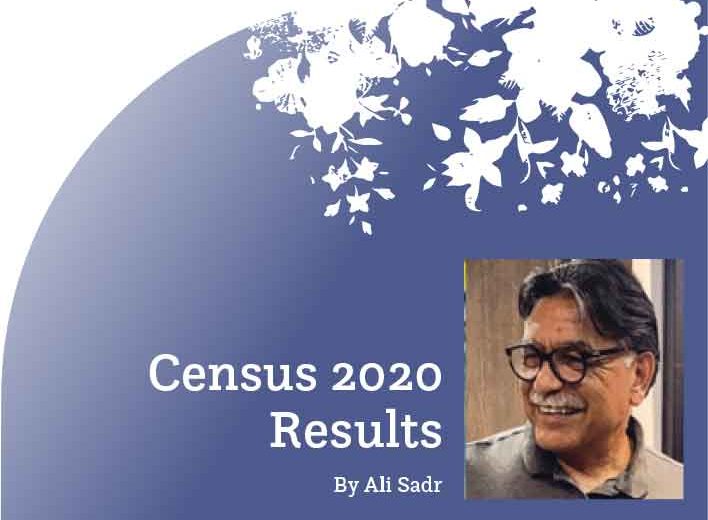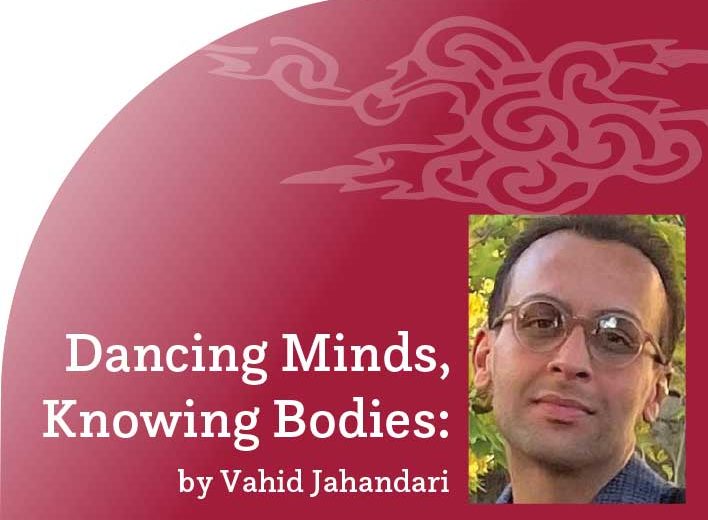By Aria Fani
On May 7, 2018, then-Attorney General Jeff Sessions announced that the Department of Justice would be implementing what he called a “zero tolerance” policy with respect to illegal border crossing. Announcing this policy change in San Diego, he said, “If you cross this border unlawfully, then we will prosecute you. It’s that simple” (DOJ). In an interview with NPR four days later, then-White House Chief of Staff John Kelly commented on the nature of the “zero tolerance” policy, saying “It could be a tough deterrent — would be a tough deterrent. A much faster turnaround on asylum seekers” (NPR). So let us establish two facts: “zero tolerance” was a new policy and it was designed primarily to deter asylum seekers from illegally crossing the border.
The world watched the horror show that ensued last summer: Central American families separated from one another, children put in cold and cage-like facilities, and many of them even lost within the system (Harmon). I called my Republican uncle because I falsely assumed that this tragedy would have finally crossed a humanitarian line for him. I was wrong, he stood by the policy. He did not back it up because he was a life-long Republican, but because he was receiving his information from an entirely different media ecosystem. This is what he told me, “First of all, Obama was already implementing this policy and you liberals were not crying about it then. One of the viral images showing children in cages was taken during Obama’s presidency. Second of all, we need to stop the coming of drugs and crime in our country. These children were brought by human traffickers who want to infiltrate our country and do us harm.”
I explained to him that the Trump administration itself has declared that “zero tolerance” is a new policy, so it cannot be a continuation of an Obama-era policy. As for human traffickers, that is just not how they operate. They benefit from and capitalize on an ecology of crime and impunity in Latin America. They make their money at the border; seeking residency in the United States does not serve their criminal enterprise. They exist because we have a demand for low-paying jobs and we don’t have a liberal visa program that would allow migrant workers to move across the border with ease. The cause of the opioid crisis has, by and large, been created by pharmaceutical companies that bribe our lawmakers (Jones, Lopez). They don’t dig tunnels; they wear suits and ties and walk in the halls of Congress. Drugs flow into this country through legal crossing points (Martin). I referred my uncle to an excellent book by an American journalist who has documented the participation of the U.S. in the global drug industry and the ways in which American banks launder narco money and American gun manufacturers arm narco-traffickers (Gibler).
With each reference, he had a false talking point locked and loaded. I said, “Daee joon, we are talking about asylum seekers who are fleeing violence which has been created in no small part by the fact that the Bush and Clinton administrations deported hundreds of Salvadoran gang members to a country that did not have the judicial or infrastructural capacity to deal with them” (Denvir). He quickly said, “Fine! They may be asylum seekers, but we will handle some of them, not a caravan of them.” As I was preparing for my next response, I realized that we had polarized views not because we had fed off of a single set of facts and arrived at two different conclusions based on our unique worldview. Our views were polarized because we had received two sets of information from very different sources. He mainly watches Fox News. I read The Guardian and interview asylum seekers from Guatemala and El Salvador on a regular basis. We didn’t just have split opinions—we had split realities.

I admit that most ordinary Americans have not had the profound privilege of personally knowing asylum seekers from Central America. And maybe that is where the problem lies. But Americans are increasingly entrenched in their self-made political realities, well beyond the question of immigration. What is causing it? The urban/rural divide in the U.S. is one frontier where this problem is manifest. Memoirs like Hillbilly Elegy: A Memoir of a Family and Culture in Crisis critically portrays a rural landscape forgotten by the political elites of both parties in Washington whose greed and corruption facilitated the rise of a demagogue who happened to take the form of Trump in 2016. Others may claim that the question lies in the genesis of our country, arguing that the U.S. was made up of distinctly different cultures that never cohered into a single cultural entity. According to this view, economic problems only expose those cultural faultlines. In American Nations, Colin Woodard traces the historical making of these diverse cultures. Some may challenge that view by attributing our political polarization to the politics of globalization that has created an economic terrain exclusively ripe for the benefit of multinational corporations, crushing unions and leaving workers entirely out of its calculations.
All of these answers hold some truth. But here is another answer that is often left unmentioned in corporate media: the fact that one of our main political parties no longer plays by democratic norms. In the past few decades, the GOP has redrawn the map of America’s districts in order to manufacture a political reality in its ideological image. In Pennsylvania, the GOP heavily represented areas that did not primarily vote Republican. Last year, the Pennsylvania court cracked down on gerrymandering, ruling against Republican plans to redistrict the state (Cohen). Republican politicians in states like Georgia have implemented well-known measures designed to suppress minority voters who are more likely to vote against them (Knight). In the Senate, GOP lawmakers obstructed the previous president from appointing judges, including a supreme court justice (Caldwell). Since the new president has taken office, the same senators have broken records in appointing new judges to federal courts, many of them known to be deeply ideological and unqualified (Marimow).
Conservative media outlets such as Fox News have created an echo chamber in which their viewers, like my uncle, can only hear conspiracy theories and misinformation. And, most importantly, an echo chamber wherein the fact-based reporting of someone like Shepard Smith and emotionally-charged opinion pieces by Sean Hannity are seen on an equal footing. And now in the current president, Fox has the most powerful platform in the world that shouts its propaganda to a global audience via Twitter. These developments collectively form an unprecedented assault on democratic norms. Blaming “both sides” may diffuse an uncomfortable political discussion at the dinner table or pose as a gesture of balanced commentary on corporate media. But there is nothing balanced about blaming both parties; it grossly mischaracterizes what is happening in our country. It is important to understand our polarization within a more systematic context in order to prevent such humanitarian tragedies as the separation of families at our border. I hope this shocks you into action: the Trump administration never ceased tearing families apart at the border, it only lied and the media largely went along with its lies (Jordan and Dickerson).
The very function of political polarization is such that many of you may automatically discredit my sources as “fake news” and my view as partisan. I am writing not to further any partisan agenda, but because there is a humanitarian crisis that is eroding the soul of our country. It is cruel and inexcusable to separate families who are seeking refuge in our midst. It is a violation of international and US laws to block the access of asylum seekers to legal channels and points of entry. John Kelly’s comment about deterrence is a shameless confession of such plan. It is not for my uncle to decide how many asylum seekers may be resettled in the U.S. It is for our judges to decide whether their claim for asylum is credible, a basic democratic norm dangerously and frequently contested by the president (Lind). Week after week, I sit across the table from precious souls who have been threatened, tortured, and raped in Central America and have no one and nowhere to turn to. I raise my voice for they are voiceless.
Even though it is difficult, I call my uncle regularly just to inject a dose of factual information into his poisonous political diet. I do that not only by referring him to fact-based news sources, but also sharing the heartfelt testimonies that I hear every week from people whose resilience would inspire anyone fortunate enough to hear them. I refuse to allow this administration to seal him off from me through its wall of lies and bigotry. Long after our current state of polarization is over, there will remain many contentious issues in our country that will require the best minds from many political dispositions to debate them. Tearing a child from her mother’s bosom should not be contentious in America or elsewhere; it should be unequivocally condemned and immediately stopped. Let us start at that very, very low bar in search of a new common ground.
References
Sessions, Jeff (2018). “Attorney General Sessions Delivers Remarks Discussing the Immigration Enforcement Actions of the Trump Administration,” The Department of Justice, May 7 [Online]. Accessed June 8, 2019.
Kelly, John (2018). “Transcript: White House Chief Of Staff John Kelly’s Interview With NPR,” NPR, May 11 [Online]. Accessed June 9, 2019.
Harmon, Amy (2018), “Did the Trump Administration Separate Immigrant Children From Parents and Lose Them?” The New York Times, May 28 [Online]. Accessed June 9, 2019.
Jones, Jonathan S (2019), “For Big Pharma, a History of Profiting From Manufactured Addiction,” Undark, March 5 [Online]. Accessed June 9, 2019.
Lopez, German (2019), “We now have more proof that drug companies helped cause the opioid epidemic,” Vox, January 25 [Online]. Accessed June 2, 2019.
Martin, Michel (2019), “How Do Illegal Drugs Cross The U.S.-Mexico Border?” NPR, April 6 [Online]. Accessed June 3, 2019.
Gibler, John (2011), To Die In Mexico: Dispatches from Inside the Drug War, City Lights Booksellers & Publishers.
Denvir, Daniel (2017). ‘Deporting people made Central America’s gangs. More deportation won’t help,’ The Washington Post, July 20 [Online]. Accessed March 19, 2019.
Vance, J. D. (2016). Hillbilly Elegy: A Memoir of a Family and Culture in Crisis. Harper.
Woodard, Colin (2011), American Nations: A History of the Eleven Rival Regional Cultures of North America. Penguin Books.
Cohen, David (2018), “Pennsylvania Court Rejects Congressional Gerrymandering,” Rolling Stone, January 23 [Online]. Accessed June 9, 2019.
Knight, Frederick (2018). “Georgia election fight shows that black voter suppression, a southern tradition, still flourishes,” PBS, October 28 [Online]. Accessed June 1, 2019.
Caldwell, Patrick (2016), “Senate Republicans Are Breaking Records for Judicial Obstruction,” Mother Jones, May 6 [Online]. Accessed June 2, 2019.
Marimow, Anne E (2019), “Two years in, Trump’s appeals court confirmations at a historic high point,” The Washington Post, February 4 [Online]. Accessed June 2, 2019.
Jordan, Miriam and Caitlin Dickerson (2019), “U.S. Continues to Separate Migrant Families Despite Rollback of Policy,” The New York Times, March 9 [Online]. Accessed June 9, 2019.
Lind, Dara (2019), “Trump isn’t getting rid of immigration judges — but his administration is still making it harder to seek asylum,” Vox, April 3 [Online]. Accessed June 9, 2019.
~~~
Aria Fani is an immigration rights advocate in the East Bay Sanctuary Covenant in Berkeley, California.


